Conventional cinema etiquette dictates that you should be as quiet as possible while watching a movie. However, with the changing landscape of cinema comes a growing worldwide phenomenon: singalong movie screenings.
While the idea of singing along to a movie is nothing new, the concept of organised and even studio-endorsed singalong screenings has been gaining popularity at cinemas across the world, as the industry looks to bring something new to the theatrical experience. But what is actually drawing different generations to the cinema, and how is it affecting the types of films we see on the big screen?
The Warm-Up
Given that the concept of a singalong screening is very organic, it’s no surprise that it’s been around for some time; yet in the past, organised screenings tended to be more cult affairs. The most well-known example is that of The Rocky Horror Picture Show, which saw the rise of screenings where people would show up in costume and have interactive responses to certain moments in the film, as well as sing along to every word of the hit soundtrack.
More structured events began around the late ‘90s in London. Initially developing at the London LGBT Film Festival, “Sing-a-Long-a” events became popular at the famous Prince Charles Cinema, which hosted sell-out screenings of The Sound of Music and other classics (screenings continue to this day). In recent years, however, Hollywood has gotten in on the act; movie studios keen to add to the theatrical experience would release or re-release films with the lyrics embedded into the film, like a cinematic karaoke machine.
The person to thank – or blame, depending on how you feel – for this involvement might be Zac Efron. Back in the 2000s, the success of Chicago sparked a trend of musicals at the cinema, one that would coincide with the rise of Efron as a teen idol. His role as Troy Bolton in the popular High School Musical film series had made him a star, leading to him being cast in the musical remake of John Waters’ Hairspray.
The movie was a huge success, spurred on by both the popularity of Efron and the Broadway musical on which it’s based, and studios took advantage of that popularity by releasing a singalong version of the film 2 weeks after its initial release, when fans had learned the lyrics and wanted to be able to sing along without being scorned by fellow cinema-goers. The release worked so well that it was repeated the following year for Efron’s High School Musical 3: Senior Year, as well as the ABBA musical Mamma Mia!. Even the original “high school musical”, Grease, got in on the action, releasing a singalong version in US theatres in 2010.
Audiences Let It Go
Of course, the film to really boost the trend was Disney’s 2013 animated smash hit Frozen. As well as being one of the most popular Disney films of all time, it featured a soundtrack that fans would clamour to learn. The film’s popularity with families – and the particularly sing-happy demographic of little girls – meant that children would sing the songs long after seeing the film, so parents ended up memorising the words as well!
Eventually, the demand for singalong versions was undeniable, and in January 2014, two months after the film’s release, Frozen: Sing-Along Edition was released in over 2,000 cinemas in the United States, and many more worldwide. Suddenly, the singing that had been practised on the school run or at home could be part of a huge communal experience, with an animated snowflake bouncing along each lyric. It was a chance to experience the film in a new way, and express your enthusiasm with other fans.
Disney would repeat the trick with the film Moana and the remake of Beauty and The Beast in 2017. The advantage Disney’s films would have over others is that animated films are routinely re-dubbed for international audiences, meaning “Let It Go” could be enjoyed around the world!
The Power Of Song
After that, it seemed movie studios saw the potential in films that, while perhaps not critically adored, offered fun in the form of a great soundtrack. Never was this more evident than in the past year.
Following conventional wisdom, Hugh Jackman’s dream project The Greatest Showman shouldn’t have been a success. A sort-of biopic of P.T. Barnum that deviates hugely from real events, the film suffered major production problems and received lukewarm reviews from critics.
Yet audiences responded in a very different way, largely thanks to the stunning musical numbers written by the team behind La La Land. Suddenly, the story’s flaws didn’t matter so much, and the soundtrack became one of the biggest-selling albums of the year.
In February 2018, the film received a singalong re-release, and cinemas have been hosting sporadic singalong events around the world ever since. You could say the film has become a modern classic; Hugh Jackman even went on a concert tour! That success has surely been spurred on by the participatory screenings where people can belt out the songs that have been playing in their head for months. Similarly, films such as Mamma Mia: Here We Go Again! have enjoyed a life far beyond their initial release purely because they’ve become something in between a movie night and a concert.
Jackman himself attended a singalong screening of The Greatest Showman in London, and professed to the crowd his astonishment at the film’s reception. “I’ve never been part of anything like this, where it’s the audiences that have championed it and made it such a success,” he said, before giving up the stage to the viewers who were ready to sing.
It’s precisely that spotlight on the audience that played a part in the film’s success. “You, the audience, are the stars of the show,” reads the top of the website of Sing-a-Long-a, the company behind the early London screenings, who now tour the world with various productions. “It’s fun, inclusive, celebratory, uplifting and simply irresistible fun!”. It’s also gone hand in hand with the rise in popularity of outdoor summer screenings, where the chorus of voices can become even bigger.
A Social Experience
Far from just a gimmick, singalong movies are helping to change the cinematic experience. Whereas technology-based trends such as 3D have proven costly and unpopular, these kinds of interactive screening events – simple as they are – have added a social element that can partly account for boosts in cinema attendance around the world.
In Japan, distributor Toho took an interactive approach when releasing Queen biopic Bohemian Rhapsody in cinemas, leaning on singalong and fancy dress screenings to boost the film’s popularity. It worked: the movie has become something of a craze in the country, making over $100 million (more than it earned in its home country of the UK), remaining in the top 5 for 13 weeks and becoming the country’s biggest IMAX release ever.
As you might imagine, it’s begun affecting the types of films that studios make. Elton John will hope to entice the same kind of involvement when his biopic, Rocketman, is released later this year. Disney will be drawing on some classics with the remakes of Aladdin and The Lion King, both of which boast memorable soundtracks that will no doubt get a new twist. Musical Cats will be getting a long-awaited big-screen adaptation starring Jennifer Hudson, Taylor Swift, Idris Elba and Sir Ian McKellen. The year ends with the return of a behemoth in Frozen II, which is so highly anticipated it may even steal the thunder of Star Wars: Episode IV, to be released a month later.
Whether you politely hum along or stand tall belting out every word, singalong screenings are here to stay – and in an age where many different screens compete for your attention, they’ve offered a new lease on life for the traditional cinema.


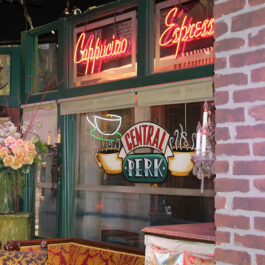

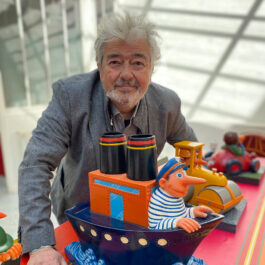



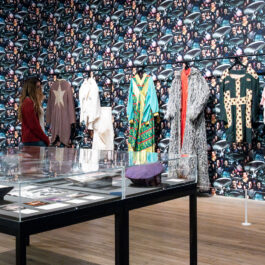
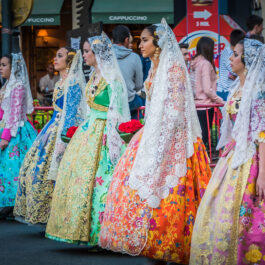
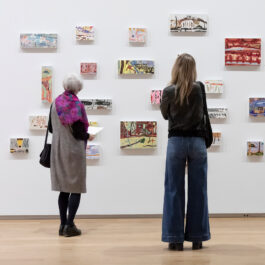
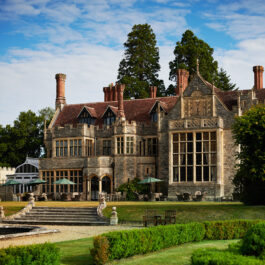
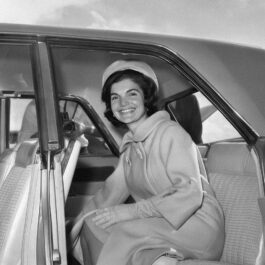

Sorry, the comment form is closed at this time.